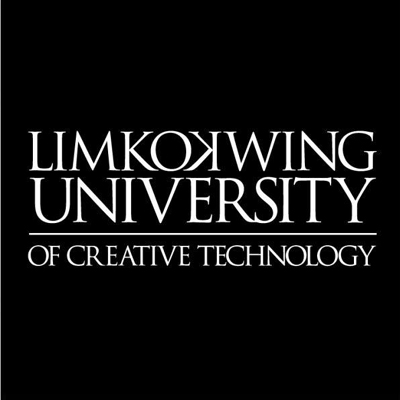
A new age requires new demands in learning. Alvin Toffler, a renowned futurist calls this age as the third wave, where changes in the way we communicate and the tools we use are so fast paced that we have to learn the ability to adapt to steep learning curves. Looking at today’s media landscape many of the most relevant and widely used media are the ones innovated recently. This course will equip students with the ability to adapt to technologies of the future while at the same time understanding the essence of the way we communicate. This is even more important considering that media and communication are more pivotal to today’s society and cultures.
Students will have hands-on exposure to different technologies of new and traditional media and also produce their own contents and shows, or creating new applications and platforms, giving them an overall knowledge and practice of the industry. This course enables the students to tap into the potentially lucrative market created by the rise of such new technologies in the field of communication by equipping them with skills to handle and manage the technologies that is so vital in this sector, namely digital communication, wireless devices, broadband, media design and other emerging media and telecommunication technologies. With its “hands-on minds-on” approach, this programme covers the many premises in communication, understanding the workings of communication technology with a dedicated focus on new media.
A set of wide range of skills is imbued to give graduates the ability to write different kinds of contents, creating the latest digital applications or innovating cutting edge methods in traditional media. They will be able to conceptualize and create content for the latest media products as well as being proficient in the technological aspects of media. Projects will include computer-based activities such as creating videos, editing photos, working with audio, cartooning, developing animations, and designing web pages.
Students with a recognized Diploma in related field will be given advanced standing into the Degree programme.
For non-Malaysian citizens, please refer to the Malaysian Qualification Agency’s (MQA) List of Overseas Qualifications & its equivalency with Malaysian Education System (PDF) to see if you qualify for this course.
| Year 1 | |
|---|---|
| Semester 1 | Semester 2 |
| Communication Theories | Internet Technology & Communication Network |
| Introduction to New Media | Media Corvergence |
| Computer & Digital Technology | Culture & Globalization |
| Writing Skills for Mass Media | Communication in New Economy |
| Digital Photography | Publication Design |
| Select One: | Select One: |
| Malaysian Studies | Moral Studies |
| Co-Curriculum 1 (Performance, Community Service, Sport or Event Management) | Islamic Studies |
| Co-Curriculum 2 (Performance, Community Service, Sport or Event Management) | |
| Year 2 | |
|---|---|
| Semester 3 | Semester 4 |
| Communication Law & Media Ethics | Media Audiences Study |
| Digital Technology | Global Media Markets & Policies |
| Digital Media Communication | Media Planning |
| Digital Advertising | Communication Management |
| Select One | Mobile System & Application |
| Bahasa Kebangsaan A | Elective: Select One |
| Bahasa Kebangsaan B | Production Design |
| Co-Curriculum 3 (Performance, Community Service, Sport or Event Management) | Conceptual Design |
| Elective: Select One | |
| Principles of Broadcasting | |
| Web Journalism | |
| Year 3 | |
|---|---|
| Semester 5 | Semester 6 |
| Communication Research Method | Dissertation |
| International Relations and Global Activism | Innovation in Communication |
| Advertising Management | E-Commerce Tools & Applications |
| Information Systems Analysis & Design | Internet Marketing |
| Global Classroom | Internship |
| Elective: Select One | Elective: Select One |
| Radio & TV Production | Digital Post |
| Creative Multimedia Design | Animation Practice |
* Mata Pelajaran Umum (MPU) subjects will be introduced from February 2014 onwards as part of government requirement.
With the convergence of communication technology and proliferation of digital media, graduates are expected to be internationally-minded and sensitive to global cultures in their approach to solving communication problems.
students will work as content creators in the areas of TV/video and movie production, radio and audio production, print and graphics communications, photography, and animation.
Source :Limkokwing University